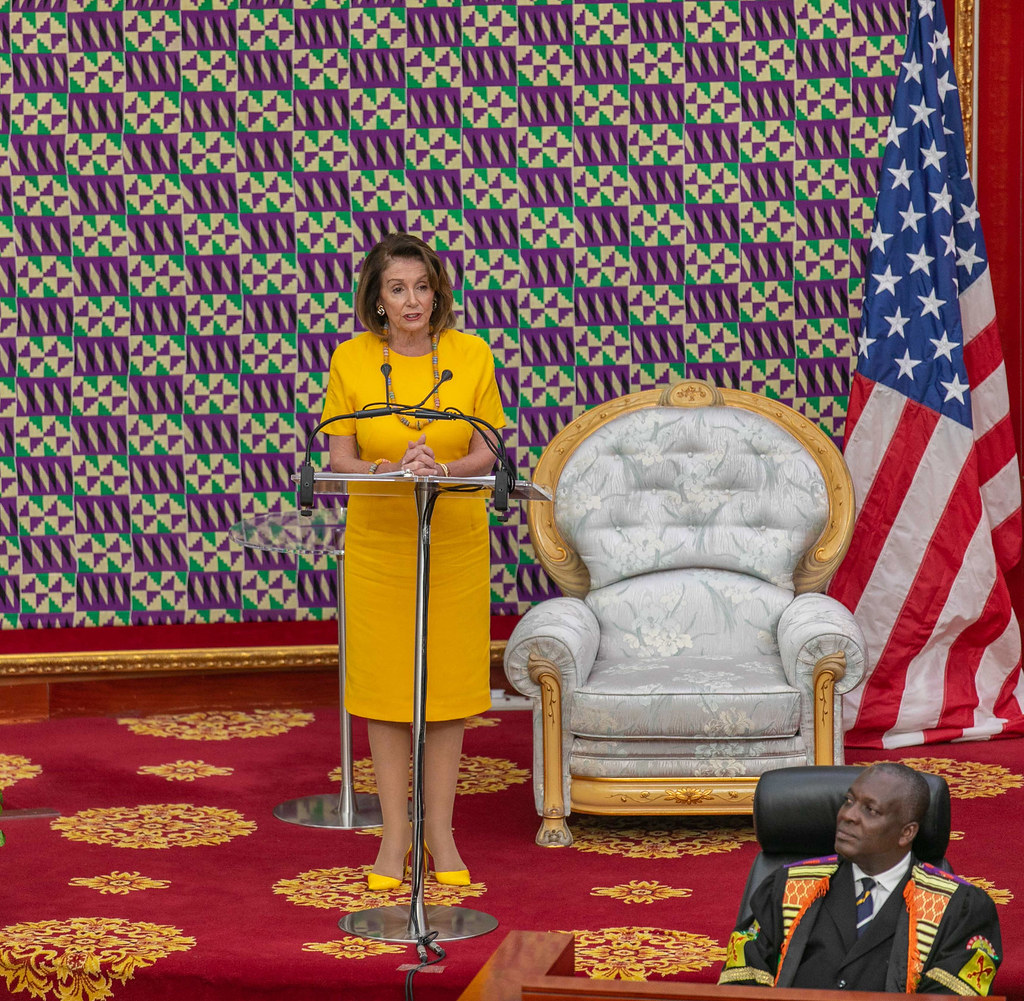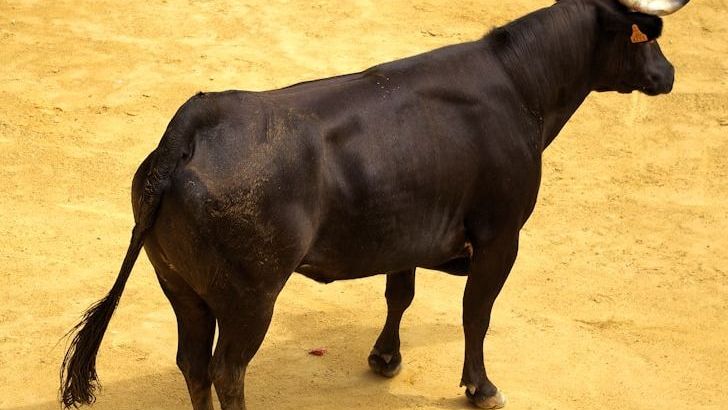
The Unexpected Challenger Steps Forward (Image Credits: Flickr)
San Francisco – Amid the foggy mornings and sharp political debates that define the city, a fresh challenge is brewing in the halls of power, where long-held seats face unexpected pressure from rising stars.
The Unexpected Challenger Steps Forward
Picture this: a seasoned state senator deciding he’s had enough of waiting in the wings. Scott Wiener, known for his progressive push on key issues, just made waves by confirming his run for Congress in California’s 11th District. At 55, he’s positioning himself as the future, even as the current holder of that seat remains undecided.
This isn’t just any race. Wiener’s move signals a shift, one that’s got insiders whispering about generational turnover. He had hinted at holding off until retirement was clear, but recent polls and party dynamics flipped the script.
Expect fireworks. Sources close to the campaign point to an announcement as early as next week, ramping up the tension in a district that’s been a Democratic stronghold for decades.
Who Exactly Is Scott Wiener?
Wiener isn’t a newcomer to the spotlight. As a San Francisco state senator, he’s championed causes like housing reform and LGBTQ+ rights, often clashing with conservatives along the way. His legislative record includes bold bills on everything from drug decriminalization to climate action.
Born and raised in the Midwest, he traded cornfields for the Bay Area’s tech boom. Elected to the state Senate in 2016, Wiener quickly built a reputation as a pragmatic progressive. Supporters see him as a bridge between old-guard Democrats and the party’s younger, more activist wing.
Critics, though, paint him as too radical for national stage. Still, his fundraising prowess and local name recognition make him a formidable player. In a city like San Francisco, where innovation meets tradition, Wiener embodies that blend.
Nancy Pelosi: The Unyielding Icon
At 85, Nancy Pelosi remains a force. As Speaker Emerita, she’s shaped American politics for over three decades, steering major legislation and outmaneuvering opponents with surgical precision. Her district has been her base, a reliable launchpad for her national ambitions.
Yet whispers of retirement have swirled for years. Pelosi filed paperwork to run again, but no firm commitment has landed. Health, party pressures, and the 2024 election fallout all factor in. For many, she’s the embodiment of Democratic resilience, but others argue it’s time for fresh blood.
Her influence looms large. Even without a formal announcement, Pelosi’s machine could mobilize quickly, turning this into a high-stakes family feud within the party.
Why the Rush? Timing and Strategy Unpacked
Wiener’s decision to jump early isn’t random. Polling shows a tight race if Pelosi bows out, but a progressive rival like Saikat Chakrabarti could split votes. By entering now, Wiener grabs headlines and builds momentum before the field crowds.
Sources say internal chats with allies pushed him over the edge. The Democratic Party’s post-2024 soul-searching adds urgency – voters crave change after tough losses. San Francisco’s evolving demographics, with more young professionals and tech voices, favor bold challengers.
It’s a calculated risk. Running against Pelosi, win or lose, elevates Wiener’s profile. If she steps aside, he’s primed; if not, he forces a conversation on leadership renewal.
Key Players and Potential Flashpoints
This race could draw national eyes. Here’s a quick rundown of the dynamics at play:
- Wiener’s Strengths: Strong grassroots support, progressive credentials, and a knack for viral legislation.
- Pelosi’s Edge: Unmatched fundraising, decades of loyalty, and a network that spans Washington to City Hall.
- Wild Cards: Progressive challengers or Pelosi family involvement could scramble the board.
- Local Issues: Housing costs, homelessness, and tech regulation will dominate debates.
- National Angle: How this fits into Democrats’ broader strategy against a Republican-led Congress.
Flashpoints abound. Debates on Israel policy or criminal justice could highlight divides. Wiener’s vocal stance on Trump-era resistance sets him apart, appealing to the base’s anti-establishment streak.
What Happens Next for California Democrats?
The ripple effects could reshape the party. A Wiener win might signal a youth movement, pulling in millennials disillusioned by gridlock. Loss? It reinforces Pelosi’s grip, steadying the old guard.
Locally, San Francisco gears up for a primary that’s more circus than snoozer. Voter turnout, often low, might spike with this star power. Broader California politics watches closely – seats like this influence the state’s congressional delegation.
One thing’s clear: 2026 won’t be business as usual. This challenge tests loyalties and visions, potentially redefining Democratic priorities.
Key Takeaways:
- Wiener’s early entry pressures Pelosi to decide soon, accelerating the race timeline.
- The contest highlights tensions between experience and innovation in the Democratic Party.
- San Francisco’s district could become a bellwether for national trends in progressive politics.
In the end, this San Francisco showdown reminds us that power shifts rarely come quietly – they’re forged in ambition and timing. Whether Wiener upends the status quo or Pelosi holds firm, the 2026 cycle promises drama worth watching. What do you think will happen? Share your take in the comments.





